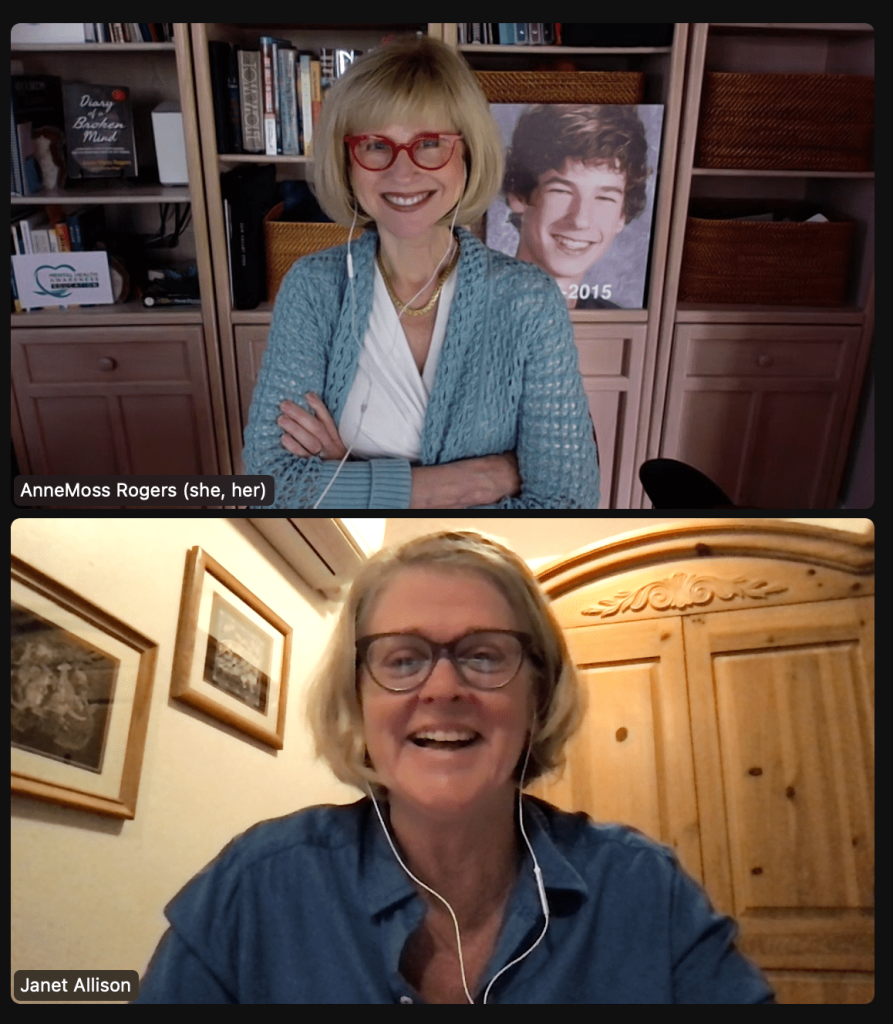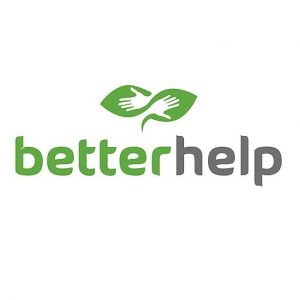Powered by RedCircle
If you or someone you know is having suicidal thoughts, you can call the 988 Suicide and Crisis Lifeline for help in the United States. Call 988 or 800-273-TALK (8255). The 988 Suicide and Crisis Lifeline is open 24 hours a day, every day. Services are also available en espanol.
AnneMoss Rogers’ son Charles was “the life of the party.” He loved dogs, people, & games. And he died of suicide at age 20.
Statistically, Charles’ story is all too common. Suicide is the second leading cause of death for 10-24 year olds, with boys and young men representing 80% of all youth suicide deaths. 22% percent of high school students reported seriously considering suicide in 2021, and 10% of youth in grades 9-12 said they’d made at least one suicide attempt. So although everything looked rosy in Charles’ life — he was one of the most popular kids in his high school, elected to Homecoming Court as a sophomore — he was struggling behind the scenes.
His family knew he had a sleep disorder and his mom suspected a mental health disorder beyond anxiety, but she didn’t detect any depression — and others brushed off her concerns.
Substance Use Can Mask Depression
Like many teens, Charles started using drugs & alcohol. What Anne didn’t realize at the time was that he was using substances to numb his pain and suicidal thoughts. He also participated in risk stunts.
“When your child starts taking all these unnecessary, scary risks, it is a sign of depression,” AnneMoss says.
Support for Parents of Struggling Teens
If you sense your child is struggling, seek support. Even if you don’t yet have a diagnosis or can’t “name” the problem. Don’t second guess yourself. “Go with your gut,” AnneMoss says. “Don’t let your brain talk you out of what you know if your gut.”
She recommends the following resources:
- NAMI — National Alliance on Mental Illness (has support groups for parents!)
- Families Anonymous — 12 step support group for family & friends of individuals with drug, alcohol or related behavioral issues
- Smart Recovery — includes in-person & virtual meetings for family & friends of addicted individuals
- CRAFT — Community Reinforcement and Family Training, which helps family members relate to individuals with addiction
“These are not groups where you sit around and you hold hands and you sing Kumbaya,” AnneMoss says. They are places where parents can share their fears freely & receive essential support and advice. “When something happens, these are the people who know the best places to take your child — who is taking appointments, who the best therapists are — because they are using those resources too.”
She encourages all parents, teachers, and others working with a struggling or troubled teen to “stick with the process.” Don’t give up; listen. Stay engaged. All struggling humans need and want to know that someone cares.
In this episode, Janet, & Anne discuss:
- Warning signs of depression & suicidal ideation
- Why you should trust your gut
- Where to get help & support
- Why you must practice asking, “Are you thinking of suicide?”
- Why tough love isn’t the necessarily the right choice
- Giving yourself credit as a parent
- Mutual care
Links we mentioned (or should have) in this episode:
mentalhealthawarenesseducation.com — Anne’s website (jam-packed with resources!)
Diary of a Broken Mind: A Mother’s Story, A Son’s Suicide, & the Haunting Lyrics He Left Behind, by Anne Moss Rogers & Charlie Rogers
Emotionally Naked: A Teacher’s Guide to Preventing Suicide & Recognizing Students at Risk, by Anne Moss Rogers &
Loving Someone With Suicidal Thoughts — ON BOYS episode
What You Need to Know About Boys & Suicide — ON BOYS episode
Troubled Boys (w Kenneth Rosen) — ON BOYS episode about wilderness therapy
Another View of Wilderness Therapy — ON BOYS episode
Lisa Damour on the Emotional Lives of Teens — ON BOYS episode
Sponsor Spotlight: Better Help
Therapy to help you live a more empowered life. Go to BetterHelp.com/onboys to save 10%
Sponsor Spotlight: Baby Quip
Use code ONBOYS for $20 off your reservation of $100 or more.


